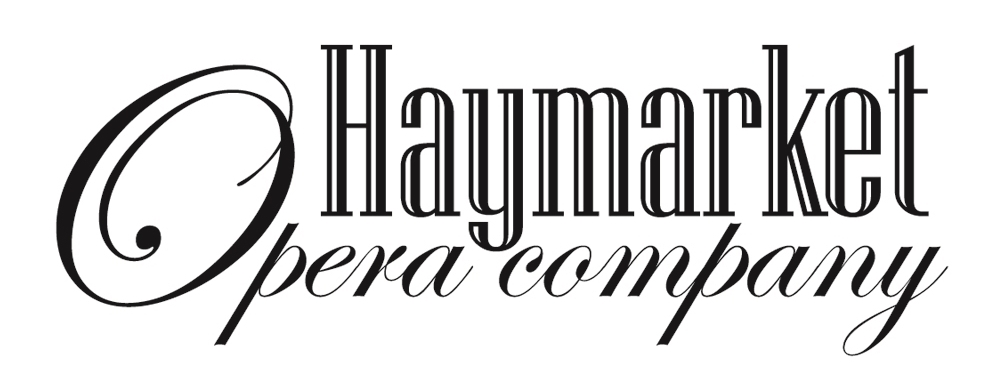Jerry Fuller began studying the double bass at age 16 and was invited to join the Lyric Opera of Chicago three years later. Within two years he was promoted to Assistant Principal of the double bass section and has performed with the Santa Fe Opera, Musikkollegium Winterthur Switzerland, Chicago's Music of the Baroque, San Francisco's American Bach Soloists and Boston's Handel and Haydn Society, as well as the Aspen, Ravinia, Boston and Berkeley Music Festivals. Jerry has received international recognition for his period instrument performances and recordings, receiving Awards of Excellence from the International Society of Bassists and Early Music America.
How did you get started in music and how did you come to play your instrument?
While in high school I attended a concert by the Milwaukee Symphony in my small home town of Beaver Dam, Wisconsin. I was seated in front of the double bass section, and I was hooked. I knew that is what I wanted to do.
What is the biggest challenge you face as a musician?
To reach the audience on an emotional level that inspires them and melts their hearts.
Do you have a favorite performer?
My favorite performers are all those who perform their craft with excellence, commitment and love, especially those performers who do all this and who aren't celebrities -- the ones who are great and "under the radar."
What are your favorite books about music?
Joys and Sorrows, the autobiography of Pablo Casals and his passionate pursuit of both beauty and justice.
What else are you reading?
Since Haymarket Opera Company is going to Malta, I'm reading The Kappillan of Malta by Nicholas Monsarrat, which is the story of Father Salvatore who served the poor, giving them inspiration and hope during the World War II bombing of Malta.
Who are your favorite 17th- and 18th-century composers?
J.S. Bach and G. F. Handel
If you were stranded on a desert island, is there one piece of music you would like to have with you?
Bach's Mass in B Minor.
What drew you to to early music and period instrument performance?
A chance meeting with Jordi Savall at the Schola Cantorum in Basel Switzerland.
How many instruments do you own?
Three violones -- a small instrument in G, a reproduction of a 17th-century instrument by Hans Vogel and an 18th-century instrument attributed to Johann Joseph Stadlmann.
Which one do you play the most?
The Stadlmann.
What are the main differences between your period instrument and its modern version?
The angle of the fingerboard is lower, decreasing the tension on the instrument which, along with gut strings and a baroque bow, results in a more open, free, and relaxed sound.
What do you love about HOC?
Certainly the repertoire, but probably even more so, the people who are so committed to their art and to each other.
Do you have a favorite rehearsal or concert memory from a past HOC event?
The look of amazement, happiness and love on Craig's face when he moved from conducting from the cello to conducting on the podium and everything went perfectly.
What is your favorite thing to do when you're not making music?
Making philanthropic grants to nonprofit organizations which are having a significant impact in the world.
What is the first thing you think about in the morning?
My love for Pat and our family.
How would you describe the relationship between you and your instrument?
A longtime, deep friendship.
Who are your musical heroes?
Craig Trompeter and my Haymarket Opera colleagues. They are so committed and passionate about their art and pursue it against societal trends of shallow commercialism.
If you had to play only one composer for the rest of your career, whom would you choose?
It's a toss up between Bach and Handel -- either one would be fabulous!
What music do you listen to most often?
The music of Bach and Handel.
If you had not been a musician, what do you think you would have done instead?
I would have done what I could to support the ones who dream, the poets and musicians, and all those whose hearts ache.

